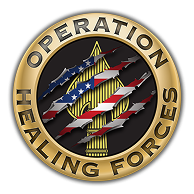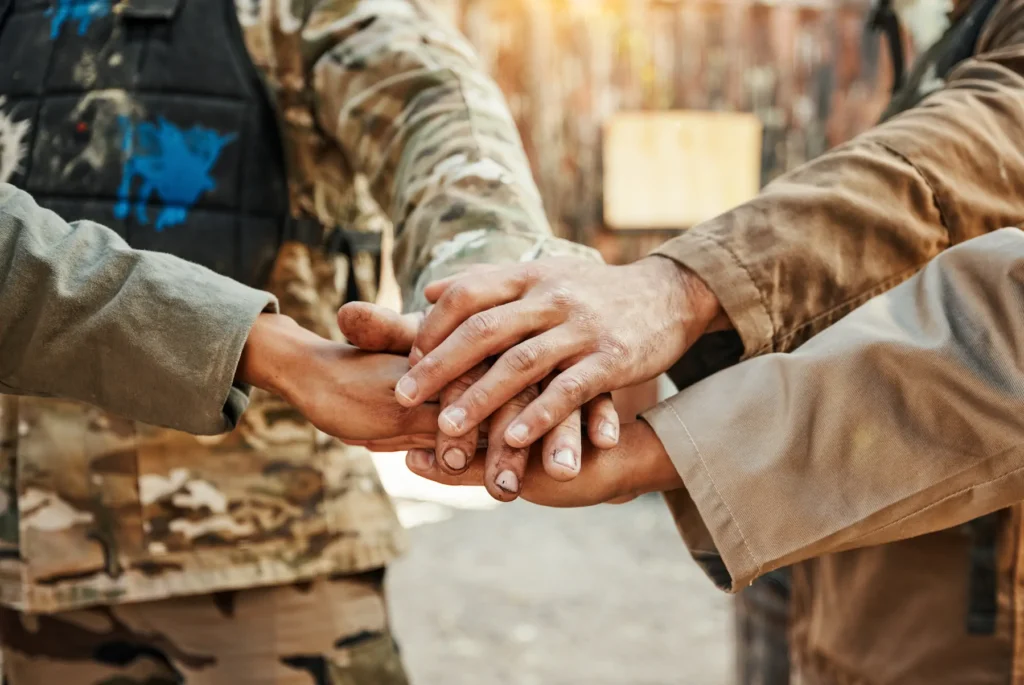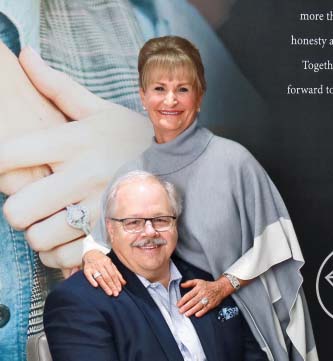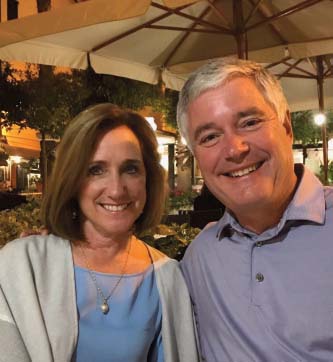Frequently Asked Questions
Support Special Operations Forces veterans and families in Florida, California, Washington D.C. and nationwide, with nonprofit healing and therapy programs.
What is the mission of Operation Healing Forces?
Operation Healing Forces (OHF) serves wounded, ill, and injured Special Operations Forces (SOF) and their families by providing therapeutic retreats, caregiver support, and immediate needs assistance. Operation Healing Forces’ mission is to serve the needs of America’s wounded, ill, injured, and fallen Special Operations Forces service members, veterans, their families, caregivers, and survivors through a suite of programs that promote long-term mental, physical, emotional, and fiscal well-being.
How are donations used?
Donations directly support our three core programs:
- Therapeutic Retreats – providing couples and caregiver retreats focused on reconnection, peer to peer mentoring and healing.
- Immediate Needs Program – offering crisis and benevolent financial support during emergencies and times of need.
- Ongoing support for alumni and their families – ensuring long-term care and connection for SOF families.
Our generous Board of Directors continues to cover all organizational overhead costs including fundraising through their personal donations.
Is Operation Healing Forces a nonprofit organization?
Yes. OHF is a registered 501(c)(3) nonprofit organization. All contributions are fully tax-deductible.
Can I designate my donation to a specific program?
Yes. Donors may designate gifts to retreats, caregiver initiatives, immediate needs assistance, or where the need is greatest.
How does OHF measure impact?
We collect both qualitative and quantitative data from participants, including feedback surveys, follow-up interviews, and long-term tracking of outcomes. Donors often receive impact reports and stories that highlight how their support changes lives.
Does OHF accept in-kind donations?
Yes. We accept in-kind support such as retreat homes, airfare, lodging, retreat activities or meals, and gift cards for emergency assistance. Please contact our team for details.
Can I set up recurring giving?
Yes. Recurring monthly or quarterly donations are encouraged and provide sustainable support to our mission.
How can corporations or organizations partner with OHF?
We welcome partnerships through sponsorships, event support, employee giving campaigns, or matching gift programs. Customized sponsorship packages are available.
How do I know my donation is secure?
We use trusted, secure online donation platforms and follow the highest financial accountability and transparency standards.
How can I stay connected with OHF?
Donors can subscribe to our newsletter, follow us on social media, or attend events to stay engaged with our mission and impact.
Who is eligible to participate in OHF programs?
OHF programs are available to wounded, ill, and injured members of the U.S. Special Operations Forces (SOF) community, as well as their spouses, partners, and caregivers. OHF serves both Active Duty and Veteran families.
What types of programs does OHF offer?
- Therapeutic Couples Retreats – multi-day experiences designed to help couples reconnect, communicate, and heal.
- Caregiver Retreats – dedicated time for caregivers to recharge and gain tools for resilience.
- Immediate Needs Program – crisis and benevolent financial support for urgent needs.
- Virtual Wellness & Ongoing Support – continued access to wellness resources and peer connection.
Who do I contact with questions about programs?
Participants can contact OHF staff through the website, by phone, or via email. Program team members are available to assist with applications, eligibility questions, and support needs. For general program questions contact our Chief Program Officer- [email protected]
How can I apply for a retreat?
Applications can be submitted through our website. Each application is reviewed carefully, and participants are selected based on eligibility and need. Please include all required documents to speed the verification process.
What costs are covered?
OHF covers most expenses related to retreat participation, including travel, lodging, meals, and program activities. Participants are typically only responsible for personal items or incidental costs.
Can family members attend retreats?
Yes. While retreats are designed for couples and, in the case of caregiver retreats, for primary caregivers, other programs also extend support to the wider household through ongoing resources.
Are retreats confidential?
Yes. Confidentiality is central to OHF’s programs. Participants are encouraged to share openly without fear of judgment, and no information is shared outside the retreat environment without consent. Photos are typically shared with homeowners and may be used in marketing materials with permission.
How often can I attend a retreat?
While retreat participants attend once, ongoing support is offered through our alumni network, virtual programs, and resources. Special circumstances may allow for additional participation.
What should I expect during a retreat?
Retreats combine organic participant lead discussions, wellness activities, and opportunities to connect with their own spouses as well as others who share similar experiences. The goal is to provide space for healing, reconnection, and resilience.
What types of needs are supported?
Immediate needs support may cover:
- Emergency travel for medical care or family situations
- Rent or utility assistance during financial hardship
- Essential items or home/vehicle repairs directly impacting safety or health
- Specialized medical equipment or supplies not covered by insurance
- Other items on a case-by-case basis
What types of requests are not covered?
The program does not typically provide long-term income replacement, credit card debt repayment, or luxury items. Assistance is focused on immediate, crisis-driven needs that directly affect the wellbeing of SOF families.
What documentation is required?
Depending on the request, you may be asked to provide:
- Proof of military service (DD214, orders, or verification of SOF status)
- Invoices, bills, or estimates related to the request
- A brief explanation of how the support will address your immediate need
Is financial assistance a loan or a grant?
Immediate Needs support is a grant, not a loan. Families are not required to pay back funds provided through SOAR.
How often can I apply?
Each case is reviewed individually. In general, support is meant for urgent one-time situations, but families experiencing unique or ongoing crises may reapply if circumstances warrant.
Does OHF provide ongoing financial planning or counseling?
While the Immediate Needs Program provides short-term crisis support, OHF may ask to connect you with trusted resources for financial counseling, legal support, or transition planning to build long-term stability.
Can caregivers or spouses apply directly for Immediate Needs support?
Yes. Caregivers of SOF members may apply directly if the crisis directly impacts their role or the wellbeing of the household.
Who do I contact for help or to apply?
You can reach out through the OHF website application form or contact our program staff directly by phone or email. A staff member will guide you through the application and documentation process.
How quickly can I receive Immediate Needs support?
Requests are reviewed as quickly as possible—often within 24–48 hours—because we recognize the urgency of these situations.







